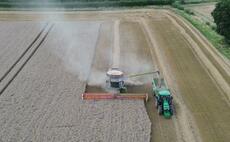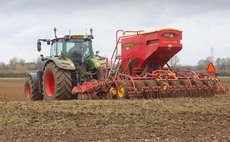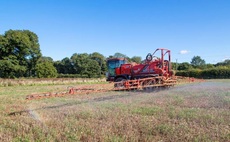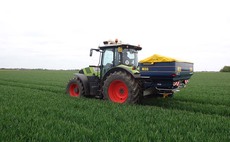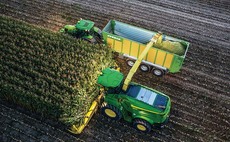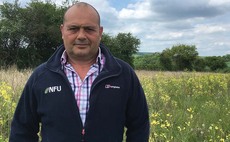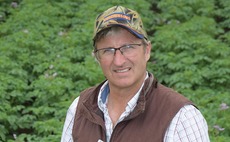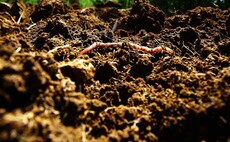Author profile
Arable
There is often debate about how potatoes can fit into regenerative farming systems, but one grower is proving their environmental credentials can be massively improved.
Arable
After a slow and frustrating start to harvest, Farmers Guardian finds out how crops are faring from three growers across the UK.
Agronomy
With many farmers experiencing a rebound in grass-weed numbers this year, stubble management will be key to reducing viable seed levels.
Prices & Trends
As fertiliser prices hit record highs last year, many farmers were forced to rethink their crop nutrition programmes.
Arable
Phil Warham has been an agronomist with Agrovista for six years. He gained a degree in Land and Farm Management at Harper Adams and managed farms for several years afterwards. He now advises on combinable crops, cereals, maize and vining peas in Lincolnshire, Nottinghamshire and into Leicestershire. Key interests include direct drilling and soil health, as well as making farms profitable. In his spare time he is a keen runner, cyclist and horseman.
Arable
NFU crops board chairman Matt Culley is a fourth-generation farmer from Hampshire working in partnership with his parents and brother.
Arable
Darryl Shailes is root crop technical manager for Hutchinsons, with a nationwide remit. He has been working in potato agronomy for more than 20 years.
Agronomy
Promoting diverse colonies of soil biology to improve plant health is something most regenerative farming systems are based around. And while biology cannot offer consistent control of pests or disease like an agrochemical might, its use is an important piece of the integrated crop management puzzle.


 24 August 2023
•
7 min read
24 August 2023
•
7 min read
